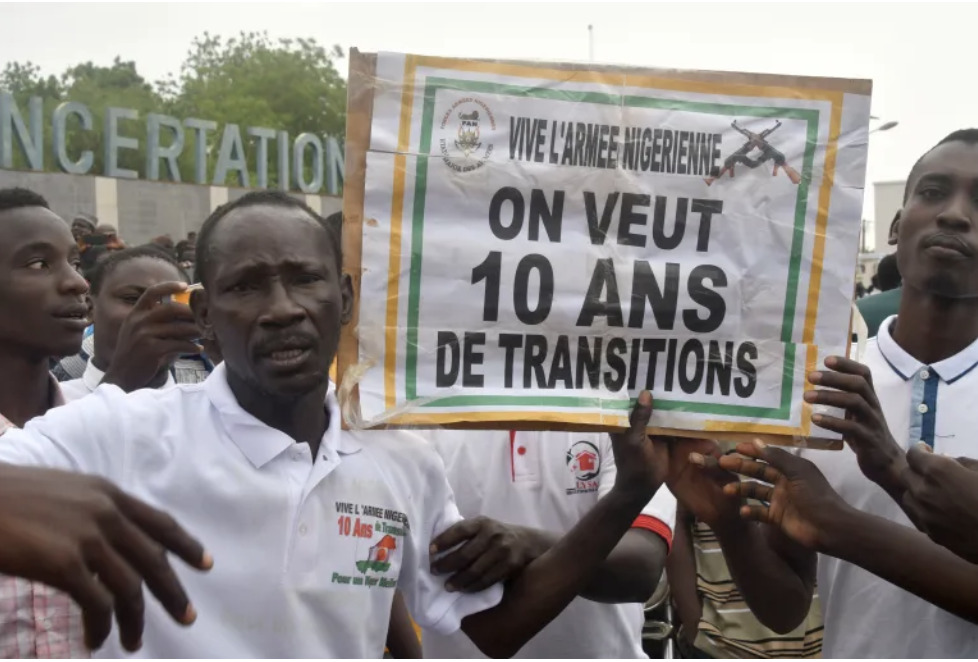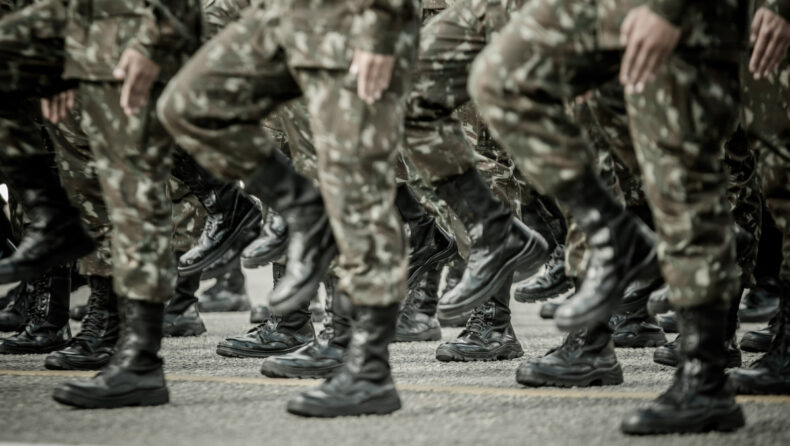The recent coup in Niger has sent shockwaves through the international community, as the country joins the unfortunate list of military-led nations in West Africa. The democratically elected government of President Mohamed Bazoum was abruptly deposed, leaving many questions surrounding the coup’s purported justifications for addressing security and economic concerns. While some Western countries have vehemently condemned the overthrow of a democratically elected government, there remains an underlying concern about their ongoing counterinsurgency efforts in the Sahel region. Niger’s strategic location and its role in combating extremism and terrorism in the area have made it a vital partner for foreign allies, despite the challenges posed by recent events.
The situation in Niger is further compounded by the ongoing armed conflicts at home and in the surrounding volatile regions. The country has been grappling with a surge in extremist activities, adding to its already vulnerable security landscape. The instability resulting from the coup may further exacerbate these internal security issues, causing uncertainty about the future and stability of Niger.
Table of Contents
A History of Coups in Niger
Niger has a history of experiencing coups, and the recent events are adding to the tally of political upheavals in the nation. The West African country has witnessed several military-led takeovers over the years, leading to a cycle of political instability. The current coup, carried out by the self-described National Council for the Safeguard of the Homeland, has once again disrupted the country’s governance and raised questions about the future.
Western Presence for Regional “Counterinsurgency” Operations
Niger is home to a significant military presence from Western nations, particularly for counterinsurgency operations in the Sahel region. The American, French, and European troops have established a substantial footprint in the country to combat armed groups and extremist threats. The recent coup has put a spotlight on their continued involvement and the dilemma of balancing counterterrorism efforts with supporting democratic governance.

Ongoing Security and Economic Challenges
The coup’s stated reason was to address the deteriorating security situation and poor economic and social governance in Niger. However, the coup’s occurrence has not resolved the security challenges faced by ordinary Nigeriens. The country continues to confront armed bandits, Boko Haram, and extremist groups within its borders, leading to a dire humanitarian situation and civilian casualties.
Fragile Alliances and Internal Power Struggles
Niger’s internal power dynamics play a crucial role in shaping the country’s political landscape. The coup has exposed divisions within the security forces, reflecting an underlying power struggle. Western countries, while condemning the coup, may adopt a cautious approach to determine the new leadership’s stance and intentions before reassessing their partnerships.
Fears of Escalating Violence and Humanitarian Crisis
Concerns abound that a military-led government in Niger might lead to increased violence against civilians, as seen in neighboring Mali and Burkina Faso. While Niger has attempted negotiation and dialogue with armed groups, a military regime might resort to more aggressive tactics, exacerbating the humanitarian crisis and violence in the region.
Balancing Security Interests and Democratic Governance in Niger
The unfolding coup in Niger has sparked international condemnation and highlighted the country’s long-standing political fragility. While Western countries have expressed their disapproval, they still require a presence in Niger for counterinsurgency efforts in the Sahel. The situation raises critical questions about striking a balance between security interests and supporting democratic governance. As Niger faces ongoing security challenges and a fragile economy, the coup’s impact on the region’s stability and humanitarian conditions remains a cause for concern. The international community must closely monitor developments in Niger and work towards finding sustainable solutions to address the root causes of instability and violence.













